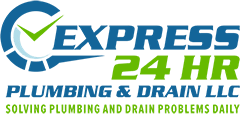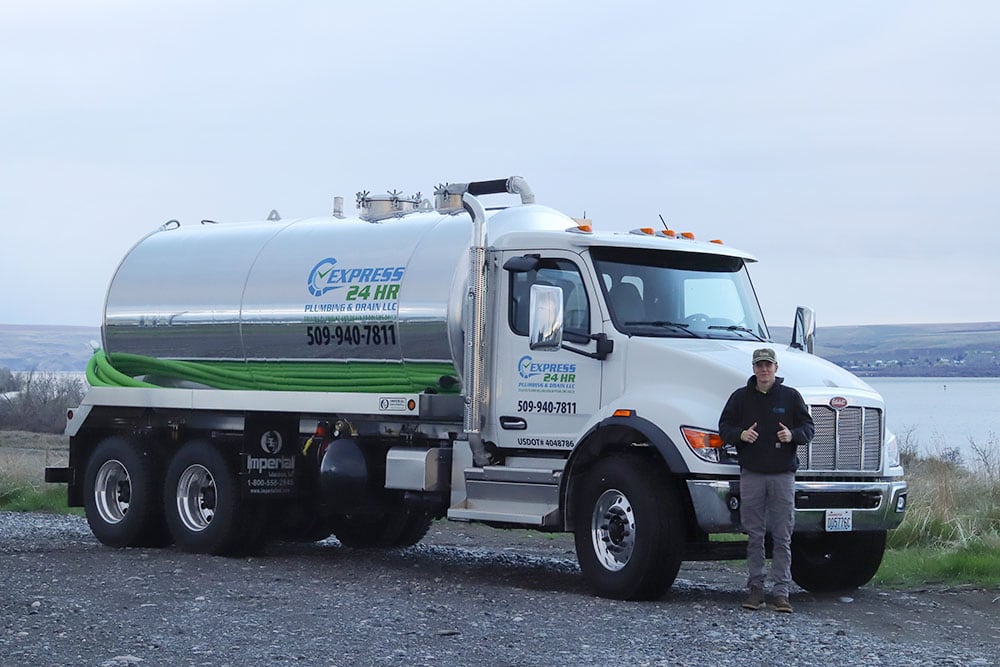What is septic pumping?
Septic pumping is the process of removing solid and liquid waste from a septic tank. The process involves pumping out the contents of the tank, transporting it to a treatment facility, and disposing of it in an environmentally responsible way. The frequency of septic pumping depends on several factors, such as the size of the tank, the number of people using it, and the type of waste that is being disposed of. Here are three important things to keep in mind about septic pumping:
- Regular septic pumping is crucial for maintaining a healthy septic system.
- Septic pumping should be done by a professional with the proper equipment and training.
- Neglecting septic pumping can lead to costly repairs and potential environmental hazards.
How often should septic pumping be done?
Septic pumping frequency varies depending on the size of the tank and the number of people using it. As a general rule of thumb, septic tanks should be pumped every three to five years. However, this timeline may need to be adjusted based on the following factors:
- The size of the tank relative to the number of occupants in the home.
- The amount of wastewater generated by the household.
- The presence of a garbage disposal, which can increase the frequency of pumping.
It is important to consult with a septic pumping professional to determine the appropriate frequency of pumping for your specific system.
What are the signs that a septic system needs to be pumped?
There are several signs that indicate a septic system needs to be pumped. Some of the most common signs include:
- Slow draining sinks, tubs, and toilets.
- Foul odors coming from the drains or the septic tank.
- Standing water or sewage backups in the yard or basement.
If any of these signs are present, it is important to contact a septic pumping professional to assess the system and determine if pumping is necessary. Delaying septic pumping can lead to costly repairs and potential health hazards.
What are the risks of neglecting septic pumping?
Neglecting your septic can lead to several risks and hazards, including:
- Costly repairs: Neglecting septic pumping can lead to clogs, backups, and damage to the system, which can be costly to repair.
- Health hazards: A neglected septic system can pose health hazards, as it can contaminate groundwater and nearby bodies of water with harmful bacteria and viruses.
- Property damage: A neglected septic system can lead to property damage, as wastewater backups can cause flooding and damage to the home’s foundation.
To avoid these risks, it is important to schedule regular septic pumping and to address any signs of septic system issues promptly.
How do I prepare for septic pumping?
Preparing for septic cleaning is important to ensure that the process goes smoothly and safely. The three most important things to do before your septic tank is pumped are:
- Locate your septic tank and have it exposed
- Clear the area around the septic tank
- Make sure a licensed professional will perform the pumping
Before your septic tank can be pumped, it is important to know where it is located and have it exposed. This will make it easier for the septic company to access the tank and complete the job.
What can I do to maintain my septic system after pumping?
Maintaining your septic system after pumping is important to ensure the continued proper functioning of your system. The three most important things to do to maintain your septic system after pumping are:
- Conserve water
- Avoid flushing harmful substances down the drain
- Schedule regular maintenance
Conserving water is important to prevent overloading your septic system. You can conserve water by fixing any leaks, installing low-flow fixtures, and practicing water-saving habits.
Avoid flushing harmful substances down the drain, such as grease, oil, medications, and chemicals. These substances can damage your septic system and harm the environment.
Scheduling regular maintenance is also important to keep your septic system functioning properly. This includes regular septic cleaning, as well as inspections and any necessary repairs. Your septic professional can advise you on the appropriate maintenance schedule for your specific system.
What are some common mistakes to avoid when maintaining a septic system?
There are several common mistakes to avoid when maintaining a septic system. The three most important mistakes to avoid are:
- Flushing non-biodegradable materials down the toilet
- Overloading the system with too much water
- Failing to pump the tank regularly
Flushing non-biodegradable materials down the toilet, such as wipes, feminine hygiene products, and dental floss, can cause blockages in your septic system. These materials do not break down in the same way that toilet paper does, and can quickly clog your system.
Overloading the system with too much water can also cause problems. This can occur if you have a leak or if you use excessive amounts of water in your daily routines. This can lead to the septic system becoming overloaded and potentially causing backups.
Failing to pump the tank regularly is another common mistake. Regular pumping is necessary to prevent solids from building up and potentially causing blockages or system failures. Failing to pump regularly can also cause the system to become overloaded and lead to costly repairs.

